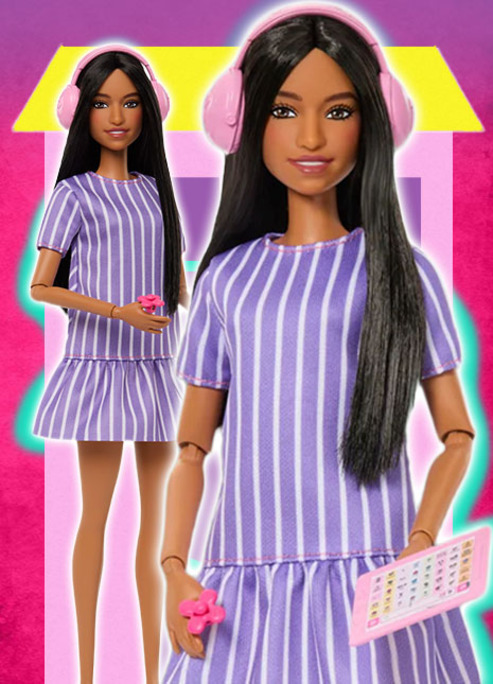After six years, four Taylor’s Versions, and countless legal and emotional twists, Taylor Swift has reclaimed the rights to her first six albums — this time, for good. On May 30, 2025, the 35-year-old pop icon announced via her official website that she has purchased her masters from private equity firm Shamrock Capital for approximately $360 million. The deal gives Swift full ownership of Taylor Swift, Fearless, Speak Now, Red, 1989, and Reputation — along with the music videos, concert films, unreleased songs, and album art that came with them.
A Long Road, a Major Win
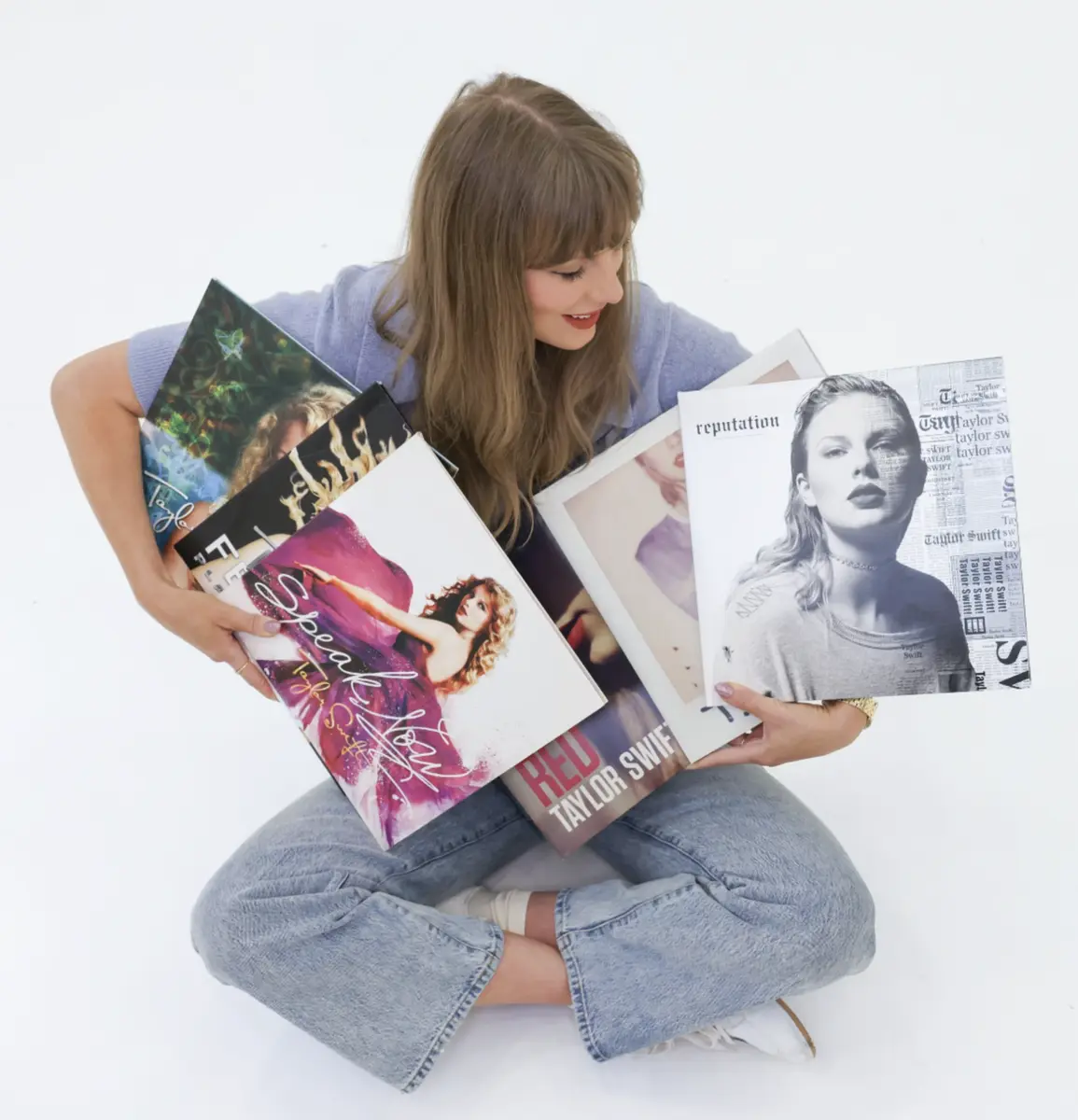
“This is really happening,” she wrote in a statement that had Swifties and music industry veterans alike tearing up. “I almost stopped thinking it could ever happen, after 20 years of having the carrot dangled and then yanked away. But that’s all in the past now. All of the music I’ve ever made… now belongs… to me.”
The $360 million deal, first reported by Billboard, brings an emotional and symbolic close to a years-long saga that began in 2019, when Scooter Braun’s Ithaca Holdings acquired Big Machine Records — and with it, the master recordings to Swift’s earliest work. Braun sold the masters to Shamrock Capital in 2020 for $405 million, and Swift publicly rejected any continued partnership that would profit Braun. Instead, she took the long road: re-recording the albums under the “Taylor’s Version” label and flooding the market with her own new versions, effectively devaluing the originals while deepening her connection with fans.
The result? A streaming revolution, a catalog reborn, and now, a legacy truly owned.
Why the Price Makes Sense
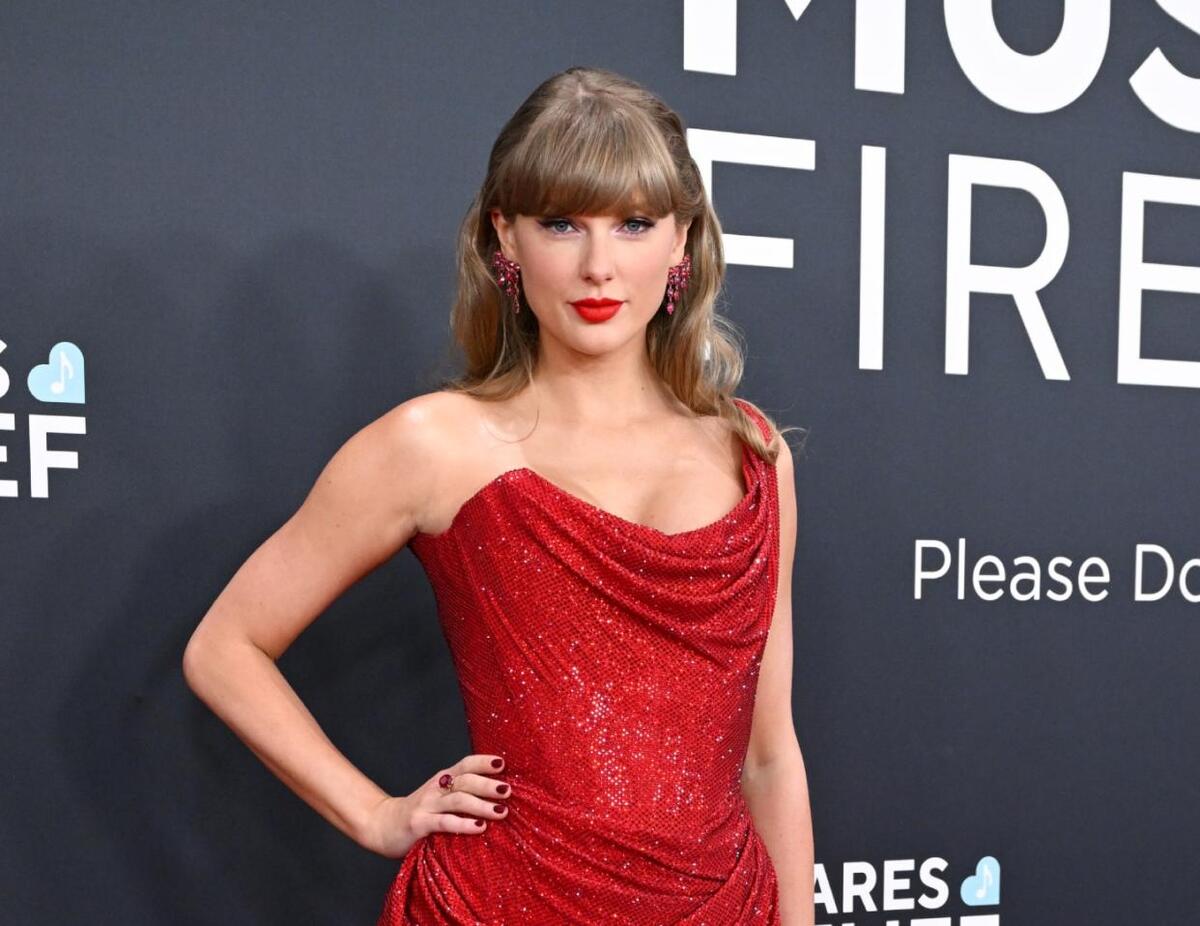
Although Shamrock reportedly paid $405 million for the masters five years ago, the re-recordings — Fearless (Taylor’s Version), Red (Taylor’s Version), Speak Now (Taylor’s Version), and 1989 (Taylor’s Version) — gave Swift unprecedented leverage. According to insiders cited by People and CNBC, her 2025 price of $360 million reflected the original catalog’s diminished commercial value after her versions dominated the charts.
Still, the deal represents one of the largest artist-led acquisitions in music history. She now owns every part of the catalog — including unreleased tracks and visuals — and is reportedly free to distribute, license, and profit from the music on her own terms. It's the kind of full-circle moment few artists ever get.
“She Did It” — The Internet Reacts
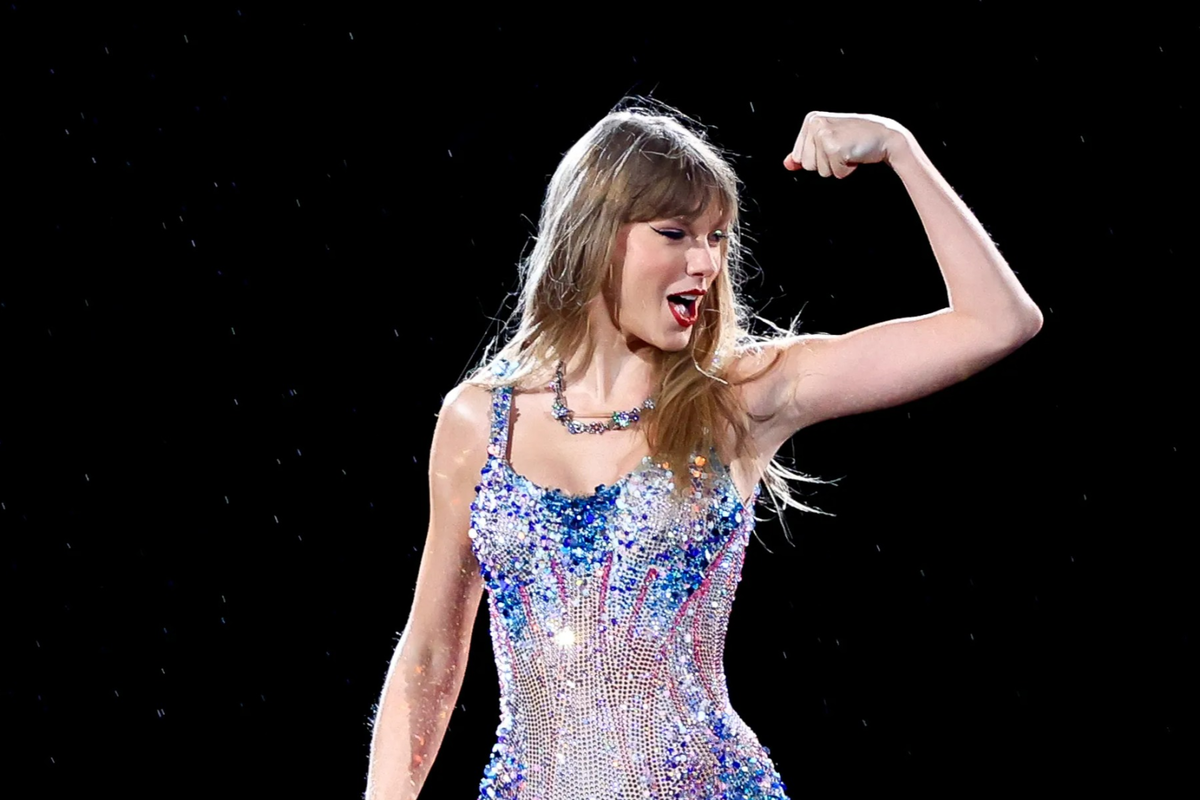
Reactions to Swift’s announcement were swift — and ecstatic. “She did it. She really owns her art,” wrote one user on X. Another added, “This is what perseverance looks like.” Even Shamrock Capital, in a rare gesture, expressed public support for the deal, stating they were “thrilled with this outcome” and “so happy for Taylor.”
For Swift, who famously described the 2019 sale of her music as her “worst-case scenario,” this moment was more than business. “I’ve been bursting into tears of joy at random intervals ever since I found out that this is really happening,” she wrote in her open letter. “It finally feels like mine.”
What It Means for the Industry
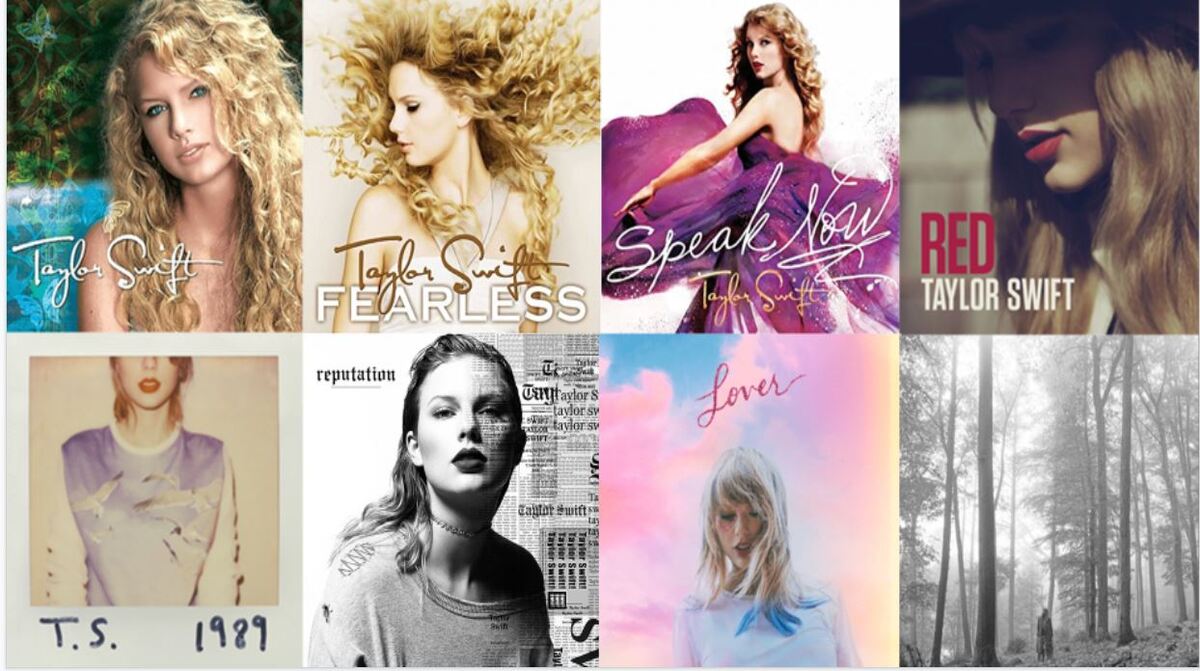
Swift’s battle for ownership has already reshaped the conversation around artist rights in the streaming age. Her ability to weaponize fan loyalty, re-record old work, and ultimately buy back her catalog on her own terms has made her a case study in music business strategy — and a cautionary tale for record labels betting against artists’ autonomy.
Now, with full control of both her original and re-recorded catalogs, she’s positioned not just as a pop star but as a music mogul. The deal is also expected to boost her net worth significantly — estimates place her earnings from the deal between $500 million and $700 million before taxes, depending on her exact share of ownership in the original works.
The Final Word

Taylor Swift didn’t just buy back her music — she rewrote the rules. And she did it without compromise. “Thank you for helping to reunite me with this art that I have dedicated my life to,” she told fans in her statement. “But have never owned until now.”
With the final masters now under her control, Swift closes the chapter on a story that reshaped the music industry — and starts writing a new one entirely on her terms.




